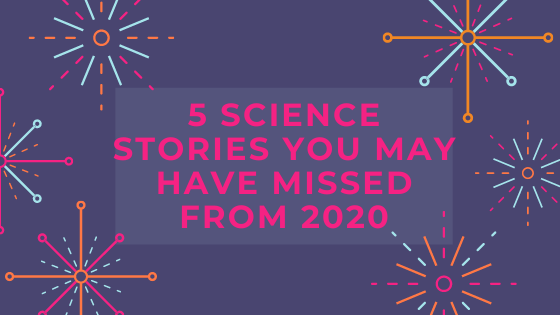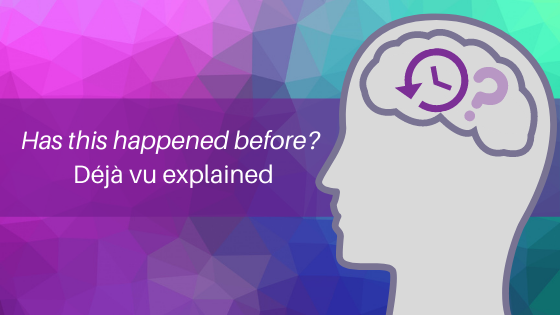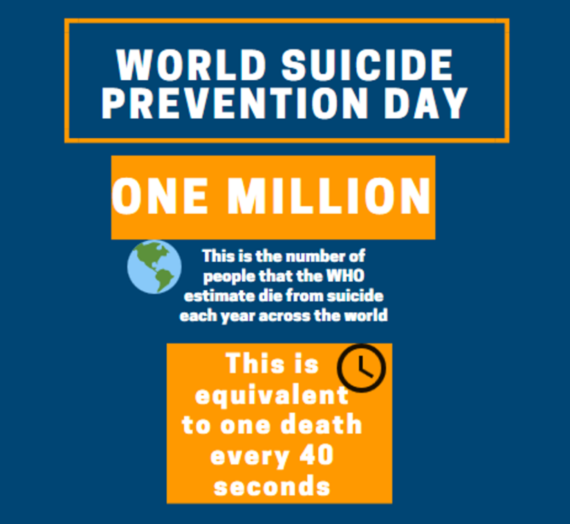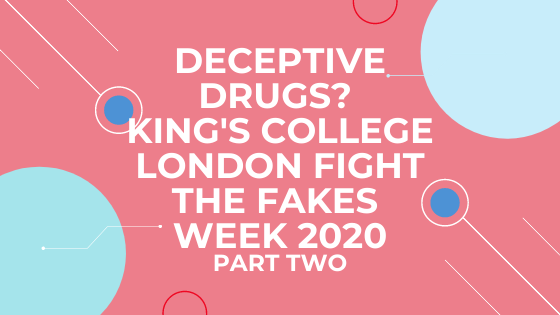2020 has been a pretty quiet year, right? Not much going on in the news at all. All jokes aside, we’ve seen first-hand the importance of good science communication this year, with the COVID-19 pandemic taking over the headlines throughout 2020. We guessed you’ve probably heard enough about the pandemic for now, so here are some other science stories from this unusual year. Let’s dive right in!
Mystery of protein folding solved by deep learning methods

The question of how proteins fold up into their correct shapes has long been explored in biology, and this November, we finally got an answer. UK-based artificial intelligence (AI) company DeepMind used an algorithm, named AlphaFold which used deep learning methods to predict final 3D protein shapes from chains of amino acids. Protein folding is a crucial aspect of human biology, and understanding how proteins fold into their shapes can help us to treat diseases where protein folding goes wrong, such as Alzheimer’s disease, as well as aid in the development of novel drugs.
Nobel Prize for Chemistry shared by Jennifer Doudna and Emmanuelle Charpentier
A win for genome technology and for women in STEM, the 2020 Nobel Prize for Chemistry was awarded to two women, Jennifer Doudna and Emmanuelle Charpentier, for their work on CRISPR, a method for genome editing. The potential uses for CRISPR look set to be limitless, having with the tool being used in many fields of research such as cancer therapies, fuel production, and even de-extinction.

Learn more about CRISPR in our review of Jennifer Doudna’s talk at the Royal Society
Tasmanian devils return to Australian mainland

You might be more familiar with the Looney Tunes character than the real-life mammal, but this year, Tasmanian devils returned to the Australian mainland for the first time in 3,000 years. It is thought that a combination of human interference plus predation by other animals such as dingoes drove the devils off the mainland. The endangered species dropped to just 25,000 individuals in the 1990s, partially due to the spread of contagious mouth cancer (devil facial tumour disease: DFTD) which decimated the last remaining wild population. However, thanks to reintroduction efforts, they have started to bounce back. As scavengers, Tasmanian devils are important in maintaining ecosystems, which is why scientists are hopeful that the reintroduction programme will benefit Australian wildlife on a much larger scale.
Ancient hominin fossils discovered in South Africa

This year saw the publication of a new paper detailing the discovery of the oldest known Homo erectus fossil, and the first of its species to be identified in South Africa. The skull fragment is estimated to be approximately 2 million years old. The researchers also discovered fossils from a Paranthropus robustus, a species of australopithecine, an ancient ancestor of the hominins, as well as Australopithecus africanus fragments, an even older species of australopithecine. The discovery opens up lots more questions, such as whether these species co-existed, and where they originated from.
New human organ discovered

Just when you thought 2020 couldn’t get more bizarre, in September we discovered a previously unidentified organ in human throats; a set of salivary glands in the nasopharynx region just behind the nose. Interestingly, the discovery was accidental, with scientists using CT scans to research prostate cancer, injecting a radioactive tracer into patients, which binds to PSMA protein. This protein is known to be overexpressed in prostate cancer. However, this scanning method is also good at detecting salivary gland tissue, as these cells also produce large amounts of PSMA. Knowing about these new glands will help doctors to avoid damaging them during treatments such as radiotherapy, resulting in fewer side effects.
From all of us at Seeking Science, we hope you’re keeping safe, and that you have a happy new year!
Want to get a head start on your new year’s resolutions? Why not treat yourself to two weeks of Skillshare premium for FREE and learn some new skills? Click here to find out more!





Liya
Well done! This is fascinating!